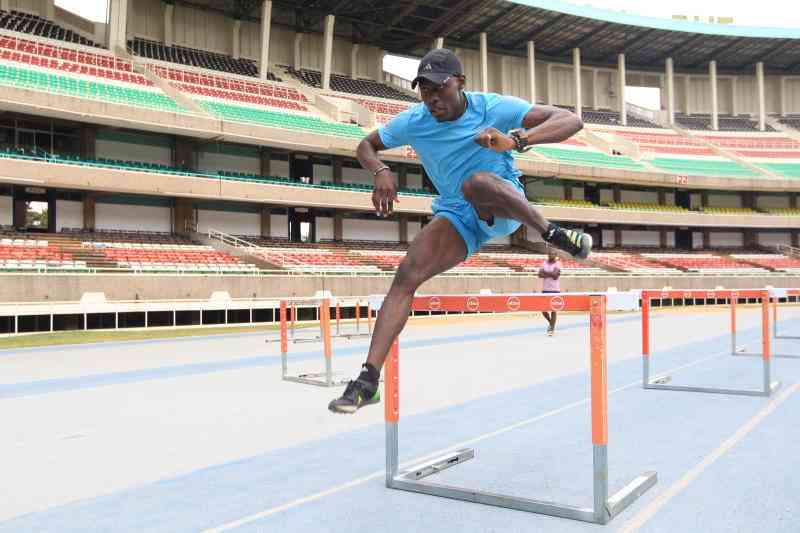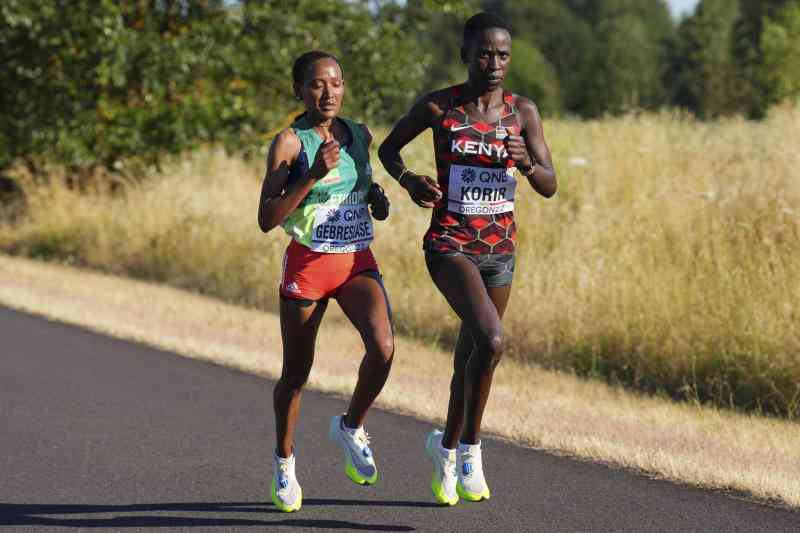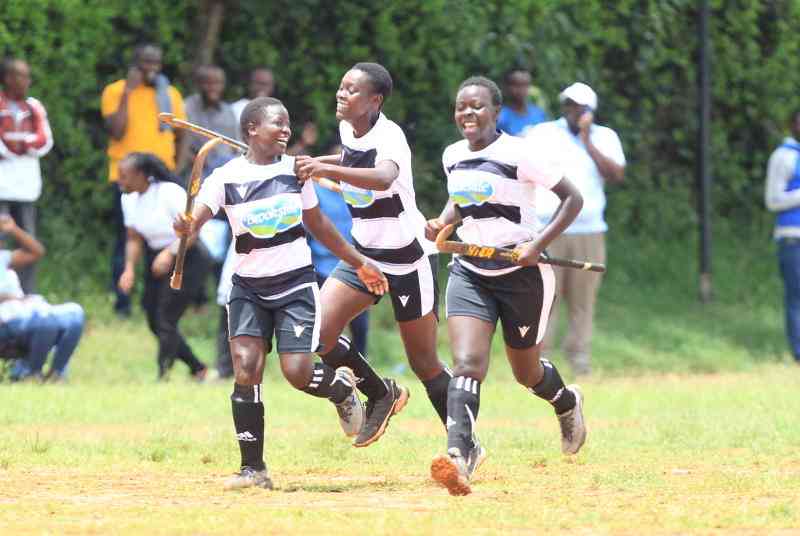The Jubilee government has pursued transformation on two levels: infrastructural and human.
It was apparent that no amount of infrastructure could deliver social change; a wholesome transformation was not possible without catering to the people and their needs; at the top of which lay health, education and food security.
The first act of the Government was to eliminate maternity fees in public hospitals. Five years on, the number of births in public facilities has gone up.
When Jubilee came into Government, about 600,000 women were giving birth in public facilities annually, today that number has doubled. Maternal health is, when you think about it, the first essential service we provide to our citizens.
In Machakos, queues form at the Level 5 hospital from 5am for the dialysis machine, the first one outside Nairobi.
All that Machakos did was agree to work with the national government via the Managed Equipment Services. (Kakamega, Homa Bay also have dialysis machines and shortly Kiambu will also join the list.)
Much has been made of this programme but the politics is irrelevant; these machines are necessary to combat diabetes, cancer and kidney failure and we are pleased to report that the counties have since been cured of their early obstructionism and MOU’s signed with 46 out 47 counties.
The project is in full flow: we have installed ICU facilities in 11 hospitals, renal amenities in 49 out of 98 target hospitals and radiation facilities across the country.
Nothing helps a country’s march towards prosperity more than a feeling of safety and this is the reason for our massive investment in security equipment and the men and women in uniform. One of the most important aspects of improving our security has been the provision of digital equipment to the police service.
This has greatly improved their overall operational response time and capacity.
We retired the analogue communication system that the force has been using for years and replaced it with a modern radio and surveillance system with 1,800 cameras live in the country-1664 in Nairobi, 334 in Mombasa -7,600 devices in the hands of police officers and 600 more in police vehicles. We have also trained 10,000 officers on the use of these technologies.
Let’s turn to food security and the Galana Kulalu project, the 10,000-acre model farm at the Coast whose outcome will possibly revolutionise the size and durability of our food basket.
We are testing seed varieties, irrigation techniques and soil suitability and if the results are what we are hoping for, we shall develop a farm of 200,000 acres that will make a big impact in our food security.
The Government recognises the potential of transforming agriculture into agribusiness and has spent Sh1.3 billion through the Ministry of Agriculture to build 39 markets to enable farmers to have the required amenities to sell what they produce.
Between 1963 and 2013 there were 5.6 million title deeds issued in Kenya and from 2013 to date we have issued 2.3 million.
In this time we have also digitised 13 land registries, employed 40 registrars. The vision is for land search and transfer to take one day.
On education, a lot has been said about our laptops project but it is important for people to understand the realities of game-changing projects of this nature.
The point of the laptops programme is not merely put devices in the hands of our children and hope for magic to happen. The devices are nothing without structured content that will enhance their learning and open their minds.
They are equally useless without teachers to impart the knowledge and electricity in the school.
These are the preliminary issues that we had to fix before rolling out the program that as you probably know is ready for implementation.
We have connected over 22,000 schools to the national grid, trained over 6,000 teachers and developed content for Standard One to Three. We will roll a trial phase with 150 schools in the next few weeks.
At the other end of the spectrum we are also paying special attention to the quality of education at the terminal end of the education system. As of this moment we have constructed 54 Technical Training Institutes and 130 more are under construction.
The revival of the technical institutes is crucial to productively engage the burgeoning number of young people who have no access to university.
We can equip them with crucial skills to buttress out ambitions in the special economic zones and other areas such as construction, metalwork and technology.
The sum of these measures and others represent the mould of a new prosperous Kenya that we seek to realise for the benefit of all the citizens of this great country.
Together with the economic measures earlier outlined we feel we can develop the right synergy to massively advance our prosperity.
 The Standard Group Plc is a multi-media organization with investments in media
platforms spanning newspaper print operations, television, radio broadcasting,
digital and online services. The Standard Group is recognized as a leading
multi-media house in Kenya with a key influence in matters of national and
international interest.
The Standard Group Plc is a multi-media organization with investments in media
platforms spanning newspaper print operations, television, radio broadcasting,
digital and online services. The Standard Group is recognized as a leading
multi-media house in Kenya with a key influence in matters of national and
international interest.
 The Standard Group Plc is a multi-media organization with investments in media
platforms spanning newspaper print operations, television, radio broadcasting,
digital and online services. The Standard Group is recognized as a leading
multi-media house in Kenya with a key influence in matters of national and
international interest.
The Standard Group Plc is a multi-media organization with investments in media
platforms spanning newspaper print operations, television, radio broadcasting,
digital and online services. The Standard Group is recognized as a leading
multi-media house in Kenya with a key influence in matters of national and
international interest.






